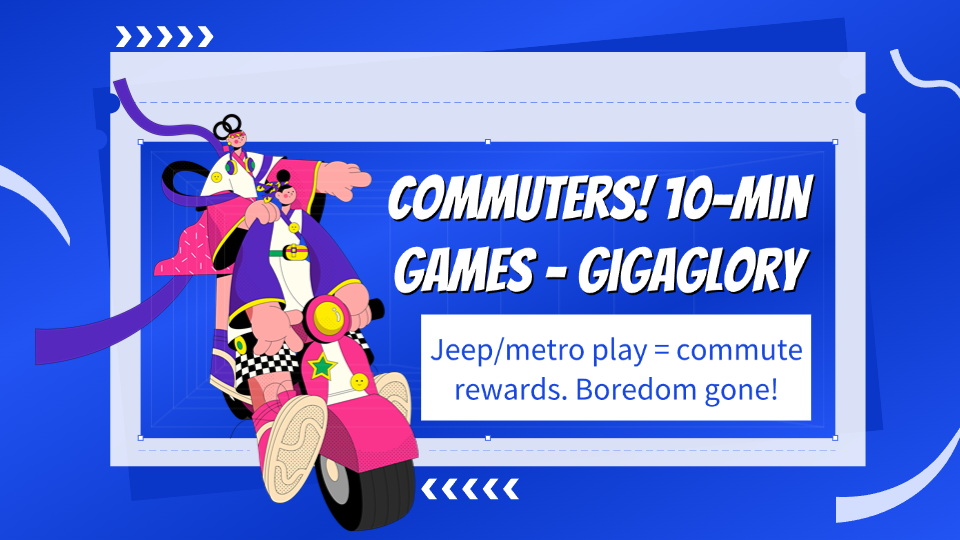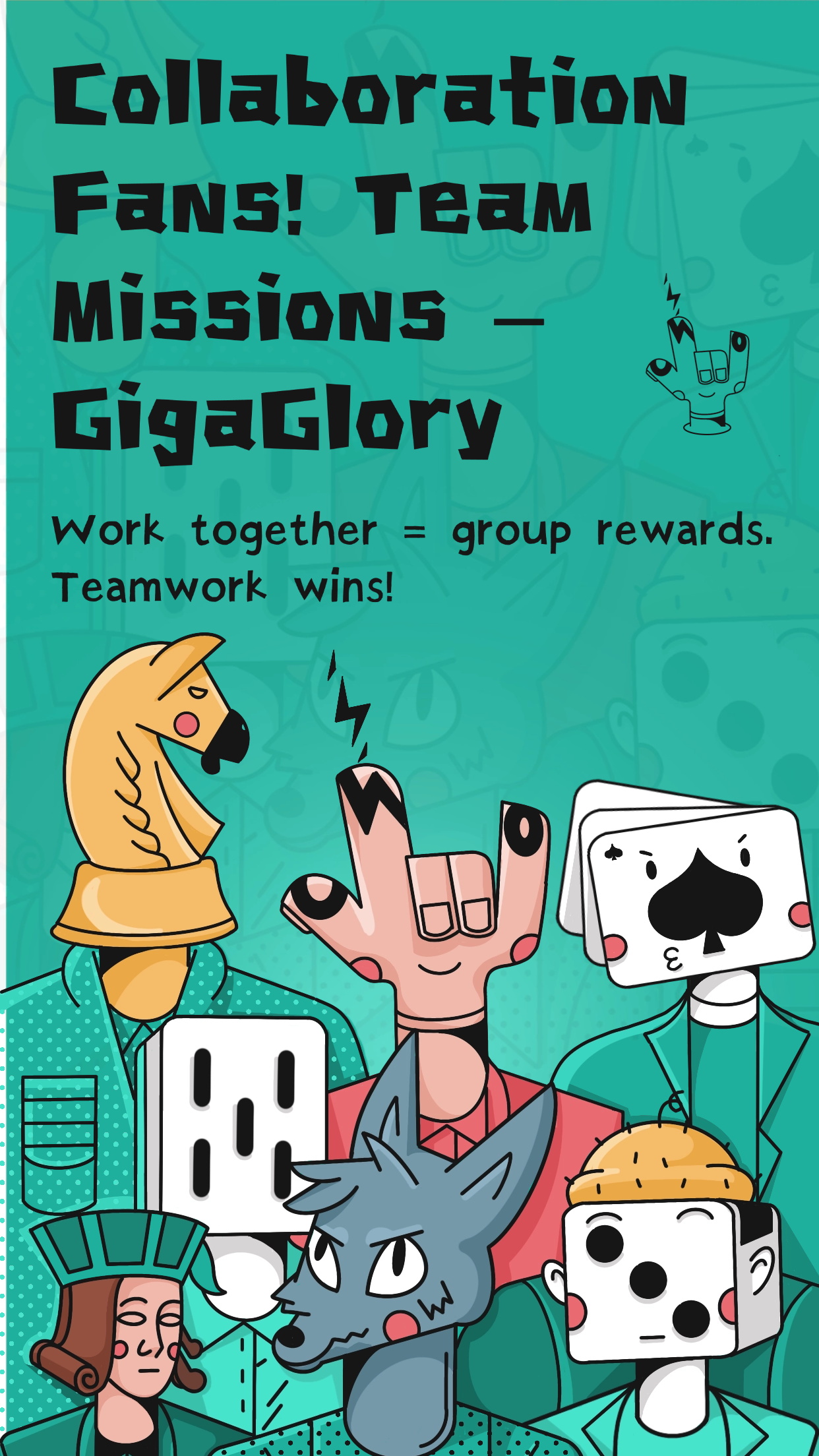Why RPG Games Are the Ultimate Puzzle Games Experience for Gamers
Role-Playing Games (RPGs) have made a remarkable mark in the gaming world, providing rich narratives, engaging characters, and elaborate worlds to explore. But what many fans may not realize is that RPGs, especially tactics RPG games, also deliver an unparalleled puzzle experience. This article will delve into why RPG games stand out as the ultimate puzzle games experience for gamers.
The Fusion of Strategy and Storytelling
RPGs weave intricate stories with the perfect blend of strategy. Players don’t just play; they immerse themselves in quests filled with obstacles, requiring strategic thinking and planning. Tactics RPGs, in particular, challenge players to employ critical thinking skills as they advance through various levels, making decisions that affect the narrative and gameplay.
The Challenge of Choice
Every decision made in an RPG game can lead to numerous potential paths. This creates a dynamic puzzle-like experience. Players strategize not only about immediate solutions but also about the long-term consequences of their choices. They must think ahead, weighing options like.
- Character traits
- Allies and enemies
- Resources management
- Skill upgrades
Best Tactics RPG Games to Challenge Your Mind
| Game Title | Release Year | Gameplay Mechanics |
|---|---|---|
| Fire Emblem: Three Houses | 2019 | Turn-based strategy, character development |
| XCOM 2 | 2016 | Team management, tactical decision-making |
| Final Fantasy Tactics | 1997 | Grid-based combat, extensive character classes |
| Divinity: Original Sin 2 | 2017 | Open-world exploration, turn-based combat |
Dynamic Puzzles in Story Arcs
RPG games constantly evolve as the story progresses. This evolution can be seen as a living puzzle, encouraging players to adapt their strategies. As new characters and challenges arise, gamers must constantly rethink their tactics to overcome obstacles. The multifaceted narrative structures are akin to complex puzzles where players must solve them to unlock further adventures.
Character Development as a Puzzle
Character development is crucial in RPG. Players not only decide how to progress their characters but also how these decisions intertwine with various story arcs. Exploring how different character traits affect gameplay can be seen as solving a puzzle. Achieving the best possible outcome means understanding the strengths and weaknesses of each character and making calculated choices accordingly.
Collaborative Puzzle-Solving in Multiplayer RPGs
In many RPGs, multiplayer aspects come into play, adding another layer of complexity. Each player brings their unique skills to the table, making it necessary to collaborate effectively. The teamwork required often mirrors real-life problem-solving. Together, players navigate challenges, strategize, and rely on each other's strengths, creating an interactive puzzle-solving experience. Here are some key aspects of collaboration:
- Effective communication
- Assigned roles based on strengths
- Shared resources and skills
Engaging Combat Systems: A Puzzle in Itself
Combat mechanics in RPGs often require players to think strategically. Combat systems are designed to challenge a player’s tactical skills, similar to solving a complex puzzle. Players must analyze the battlefield, predict enemy moves, and plan their actions swiftly. Tactics RPGs like “XCOM 2” and “Fire Emblem” exemplify this with their turn-based systems.
Real-Life Applications of RPG Puzzle-Solving Skills
Interestingly, the skills developed while playing RPGs can translate into real-world scenarios. The ability to strategize, make impactful decisions, and adapt to new information can benefit gamers in various aspects of everyday life. Here are some real-life applications:
- Improved problem-solving abilities
- Enhanced strategic thinking
- Better teamwork and communication skills
The Broader Puzzle Games Spectrum
While RPGs excel in combining story and strategy, they are part of a much larger puzzle games landscape. Titles like “Portal” or “Tetris” focus solely on puzzle mechanics but lack the narrative depth and character development seen in RPGs. Gamers often seek both experiences, fulfilling their love for puzzles while finding rich, emotional connections in RPG storytelling.
Comparing Puzzle Games and RPGs
Let's take a moment to compare the two genres. Here’s a simple breakdown of how RPGs differ from traditional puzzle games:
| Aspect | RPG Games | Puzzle Games |
|---|---|---|
| Narrative | Deep, immersive stories | Minimal or no narrative |
| Character Development | Extensive growth options | No character development |
| Strategy Scope | Multifactorial decision-making | Single-dimensional strategies |
Conclusion: RPGs Are Puzzles Wrapped in Stories
In conclusion, RPGs offer gamers the ultimate puzzle gaming experience by intertwining strategy with rich narratives. Each decision and character development creates a multifaceted puzzle, enhancing the gameplay. The various mechanics of RPGs, alongside the collaborative nature of multiplayer formats, not only engage players intellectually but also foster skills that extend beyond the gaming realm. So whether you're battling foes, exploring new landscapes, or collaborating with friends, RPGs undoubtedly provide the best tactical puzzle adventure you can experience as a gamer.



